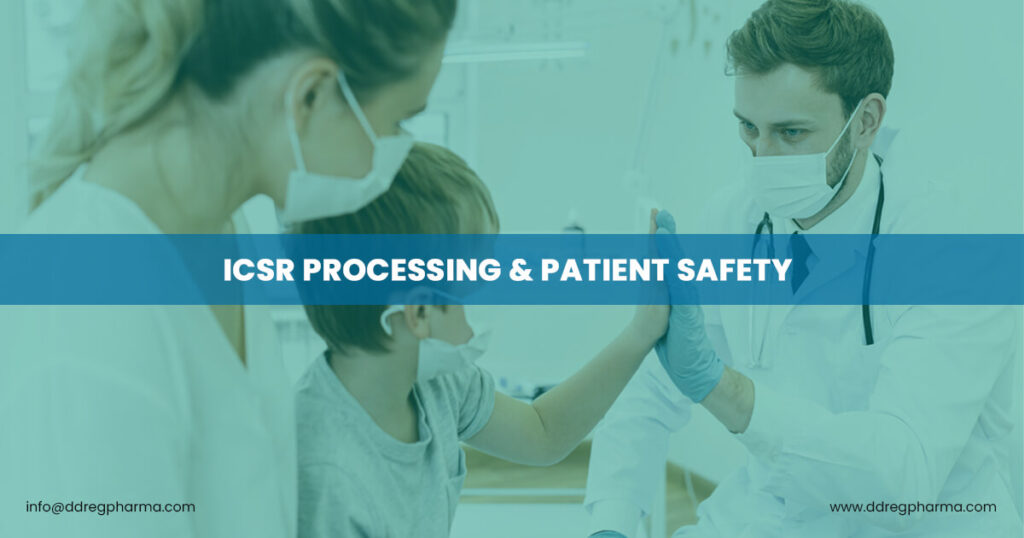Adverse event processing & causality assessment is the preferred way to identify a drug product-related risk and its association with patient safety. An Individual Case Safety Reports (ICSRs) and ICSR processing an important source of information that contains crucial data on an adverse event that a patient is experiencing when taking a drug. The purpose of these reports is to monitor product safety and take the necessary actions to reduce patient harm. Moreover, they be used to exchange information on medication errors, off-label use, and complaints associated with a drug and ultimately help in determining the safety profile of the medicine. A valid case report must include an identifiable patient, an identifiable reported, a suspected adverse event, and a suspected drug product.
The main steps of ICSR processing are:
Case Receipt
Case Triage
Preliminary assessment of safety reports is performed in terms of its reportability. The validity of the safety report is confirmed based on the ICH specifications for a valid case. The seriousness and causality of the report is determined.
Data Entry and Case Processing
Details such as patient details, medical history, adverse events, product information, country of incidence, case reference number, causality assessment etc are captured, coded using drug dictionaries such as MedDRA or WHO DD, and entered into safety databases.
Quality Review
Medical Review
Final Submission
ICSR processing capabilities at DDReg:
Our pharmacovigilance team receives medical information queries, product quality complaints, and adverse event reports from a variety of sources. We conduct case processing activities and have experience in handling various safety databases that are ICH E2B(R3) compliant and integrated with MedDRA and WHO DD. Our team conducts triage of initial and follow up ICSRs as well as SUSARs, and meticulous quality and medical checks. We are reputed for our timely submissions and reconciliation processes with our customers. Get in touch with us at info@ddregpharma.com to know more about how our ICSR Pharmacovigilance Services can be of assistance to you.

